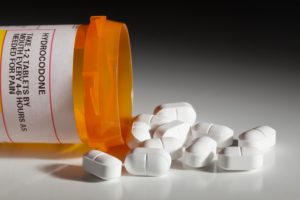
The study was helmed by Dr. Marcel Durieux, who addressed the practical application of these findings, explaining “There is very clear evidence that people can become opioid dependent because of the drugs they get during and after surgery. I think that by substantially limiting opioids during surgery, we’ve made an important step in addressing that problem.” Reducing the use of opioids in hospital settings could help fight the cycle of addiction that can begin due to surgical procedures.
Previous research has shown that the use of opioids can actually increase a patient’s pain sensitivity, which is why pain scores were higher when the medical use of opioids was more common. Other medications can be used for pain management that have less addicting qualities, such as lidocaine and acetaminophen, which can be found in over-the-counter drugs. Unfortunately, they cannot replace opioids in all patients, as lidocaine and acetaminophen have the potential to cause kidney problems and bleeding in particular individuals.
The results of this study confirm that opioids can worsen a patient’s pain tolerance, and that by reducing the use of these medications during and post-surgery, doctors can improve their patients’ pain scores and comfort levels. As opioid addiction has been found to start after surgical procedures, these findings may also led to a decrease in opioid abuse.
Related: Inflammation increases pain sensitivity in osteoarthritis (OA)